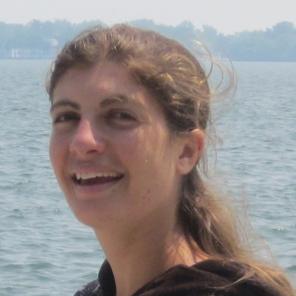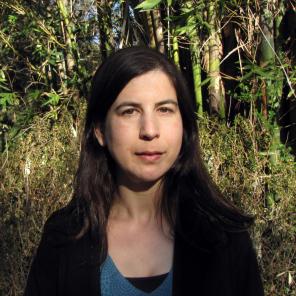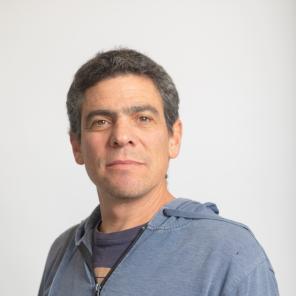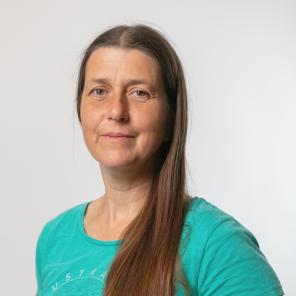The Biotechnology center brings together teams that study biology at multiple scales—molecules, cells, communities, and whole organisms—then translate that understanding into engineered solutions. On the microbial side, researchers decipher how bacterial communities are shaped by naturally released proteins and nucleic acids, identify genes that drive community composition, and uncover mechanisms of protein-based natural antibiotics. In parallel, microbiome and metagenomics efforts develop computational and molecular tools to characterize human-associated microbiomes and plant–microbiome interactions.
On the biomedical and translational side, MIGAL develops advanced cellular immunotherapies using synthetic biology (logic gates, genetic switches, composite adjuvants) to make adoptive T cell therapies safer and more selective for cancer, and to engineer regulatory T cells for inflammatory and autoimmune diseases. Foundational discovery groups map genome regulation (lncRNAs such as XIST, transcriptional control of cell fate, 3D genome organization) and protein structure/dynamics (molecular modeling, MD, X-ray crystallography, CryoEM, nascent-chain folding) to explain function and guide rational design.
Additional programs tackle real-world infectious and clinical needs: broad-spectrum veterinary vaccines (poultry), oncolytic viruses, immune-modulating tumor microenvironment strategies, non-antibiotic therapies (e.g., mastitis), passive vaccination approaches for antibiotic-resistant pathogens, and red blood cell physiology as a window into metabolic complications and hemoglobinopathies (including biomarkers and mechanisms of glucose uptake and rheology).













